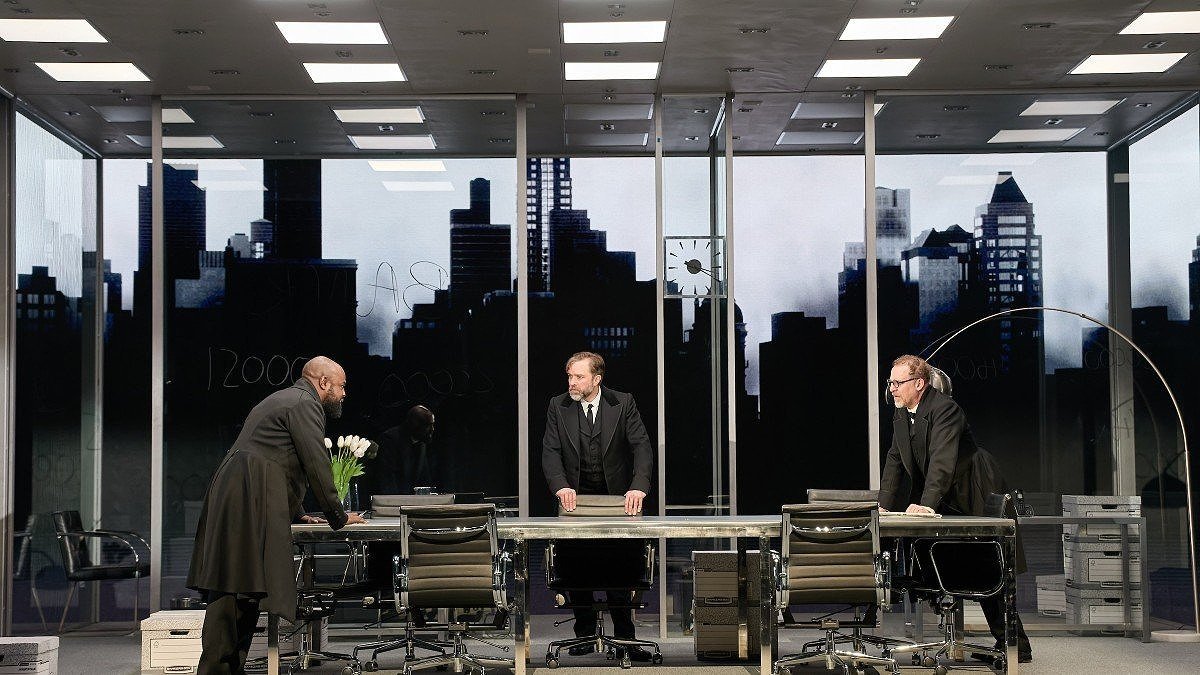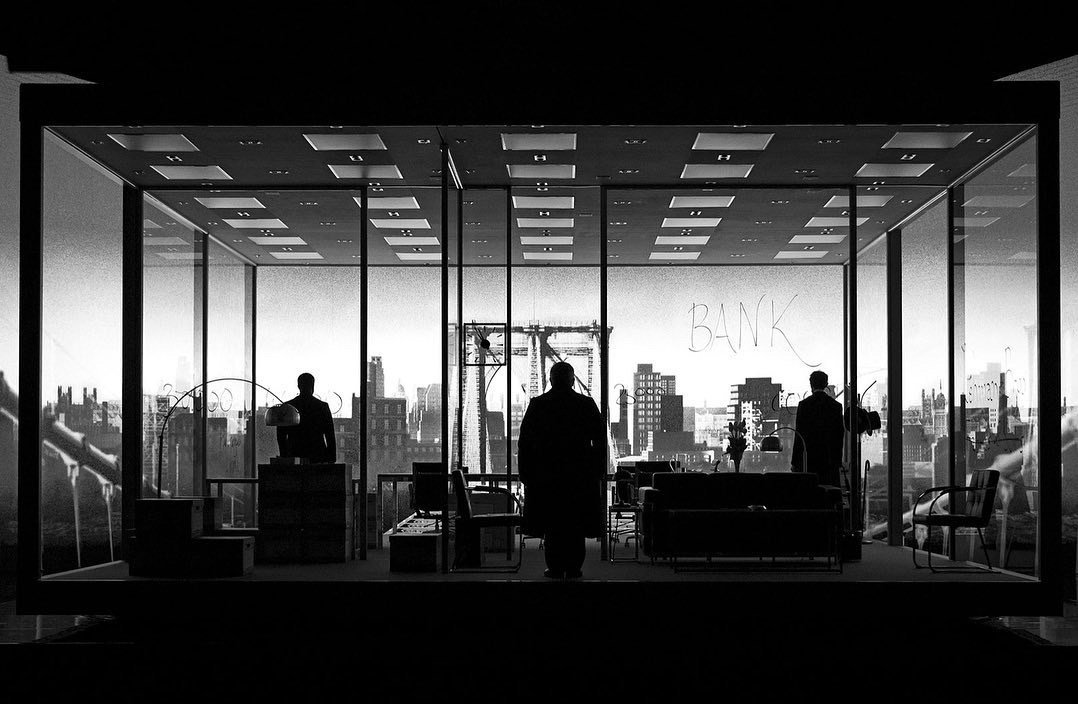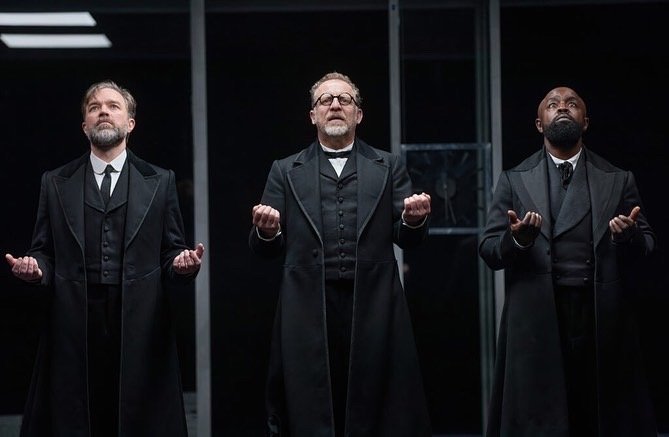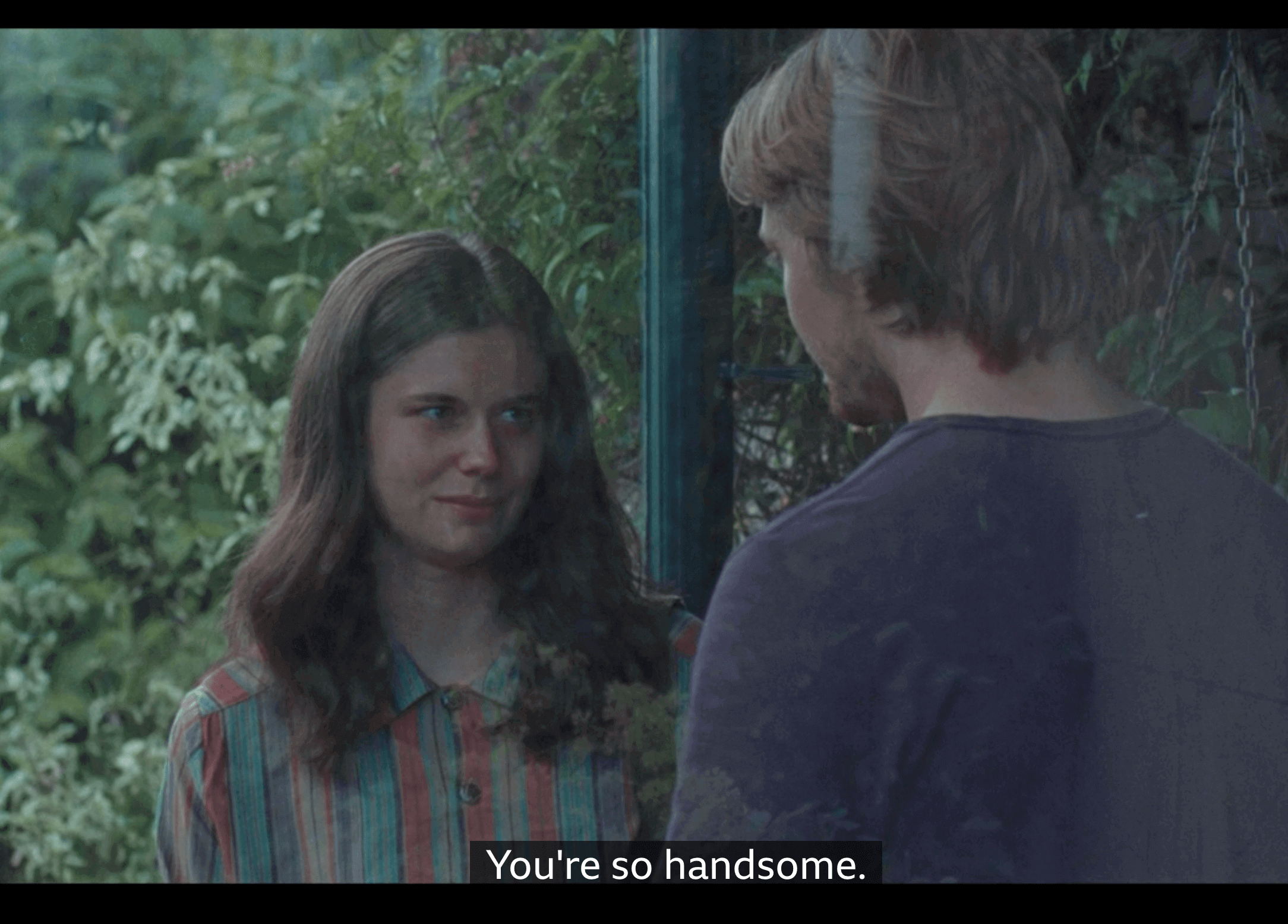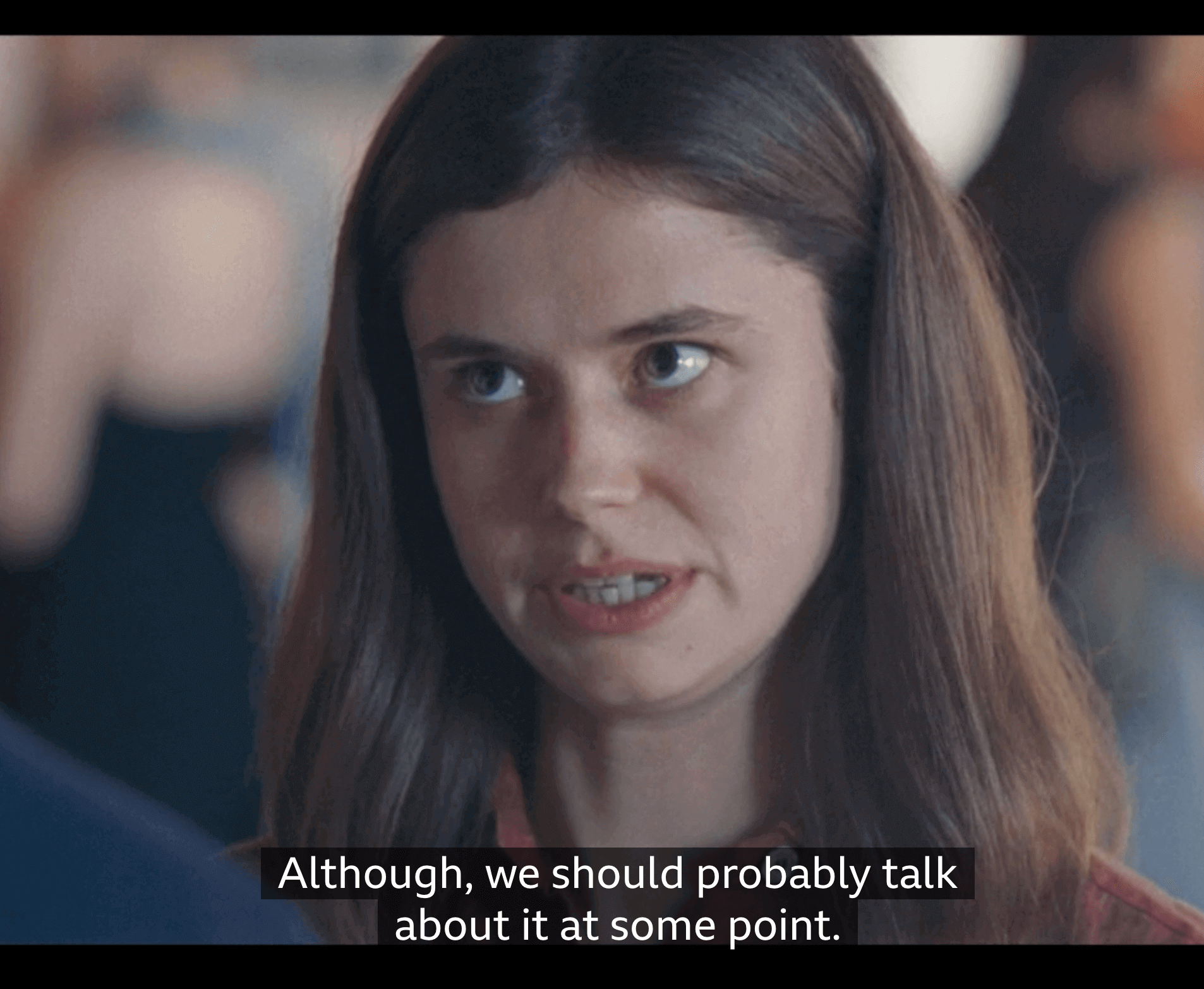Gareth Southgate and his England team have provided plenty of drama over the past seven years. Now they have become stars on a different stage in a show that really gets under the skin of football fandom and national pride. Here is a short extract from a long read, the first offering from my free bi-weekly newsletter about arts and culture. Get it here.
Gareth Southgate and his England team have provided plenty of drama over the past seven years. Now they have become stars on a different stage in a show that really gets under the skin of football fandom and national pride.
[body] Early into James Graham’s play Dear England, affable Gareth Southgate (Joseph Fiennes) meets his new coaching staff after reluctantly answering the SOS to be caretaker manager. He ambles into the room with a Partridge-like grin and a bag of muffins. This hasn’t been billed as a comedy but I’m struck by the tone.
Is this going to be a slapstick take on this barmy land and our complex relationship with football/failure? Comic relief with a side order of self-deprecation? That’s a big part of it judging by the revolving cast of caricatures, anyone from the ghosts of miseries past (Graham Taylor, Fabio Capello, Sam Allardyce) to the current crop of mimicked stars (those poor Harrys).
However, as the story moves on from tournament to tournament the plot thickens. We see Southgate try to change the culture around the international team, meeting sizeable resistance both internally and in dark corners of the terraces and internet.
The crestfallen penalty misser from Euro 1996 went on to manage Middlesborough for several years (until relegation) before taking important roles in FA youth development and leading the U21s into Euro 2015. So Southgate was no patsy – experienced in the bitter lows of sport, aware of the unrealistic demands of the fan base, familiar with St George’s Park and the whims of the FA.
But even he probably underestimated the scope of the task. A task that appears very clear on the surface: just win us a bloody cup with this Golden Generation. To get there he would have to perform open-heart surgery on the squad and reconnect them to the supporters.
But why a play and why now, when we haven’t won anything? The answer lies in the scale and complexity of the challenge as England manager. How the fortunes of the team determine so many people’s feelings about their country and themselves. This is psychodrama at the extremes of human emotion, ripe for adaptation.
Read the full piece in the first dispatch of my newsletter Bluejeans & Moonbeams.


